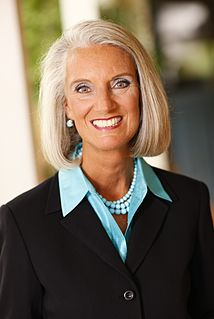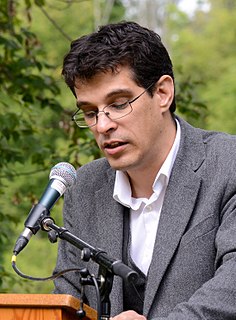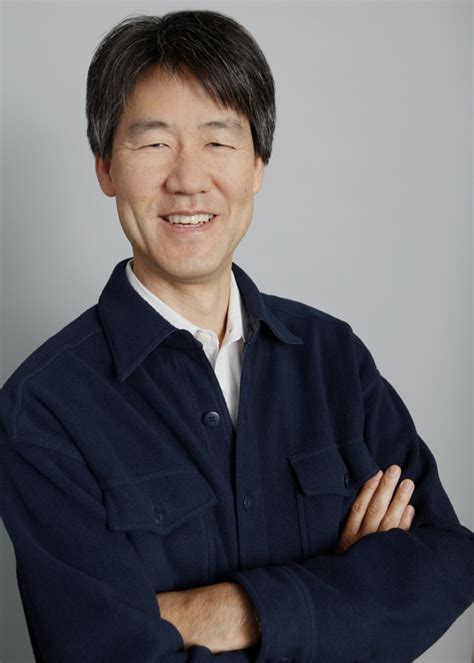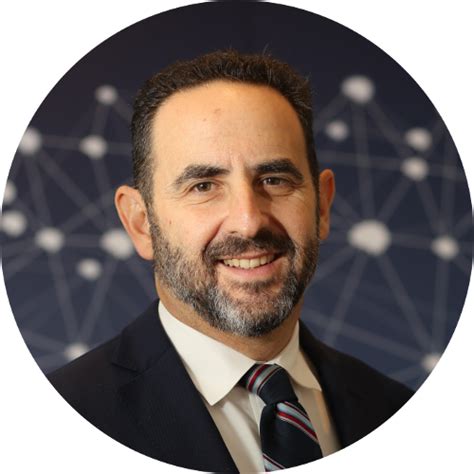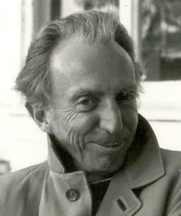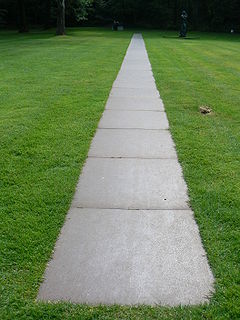A Quote by Anne Graham Lotz
Even as a teenager, I felt that for whatever reason that we were living very close to the end of human history. And now at my age I believe that with almost an increasing certainty.
Related Quotes
She felt an enveloping happiness to be alive, a joy made stronger by the certainty that someday it would all come to an end. Afterward she felt a little foolish, and never spoke to anyone about it. Now, however, she knows she wasn't being foolish. She realizes that for no particular reason she stumbled into the core of what it is to be human. It's a rare gift to under stand that you life is wondrous, and that it won't last forever.
Now we're living in a nuclear age, and the science that was supposed to be automatically for human welfare has become a nuclear - a science that gives us nuclear weapons. This is the ironic character of human history, and of human existence, which I can only explain, if I say so, in Biblical terms. Now I don't mean by this reason that I will accept every interpretation of Christianity that's derived from the Bible as many people wouldn't accept my interpretation. But that's what it means for me.
If Mother Culture were to give an account of human history using these terms, it would go something like this: ' The Leavers were chapter one of human history -- a long and uneventful chapter. Their chapter of human history ended about ten thousand years ago with the birth of agriculture in the Near East. This event marked the beginning of chapter two, the chapter of the Takers. It's true there are still Leavers living in the world, but these are anachronisms, fossils -- people living in the past, people who just don't realize that their chapter of human history is over. '
The reason for teaching history is not that it changes society, but that it changes pupils; it changes what they see in the world, and how they see it.... To say someone has learnt history is to say something very wide ranging about the way in which he or she is likely to make sense of the world. History offers a way of seeing almost any substantive issue in human affairs, subject to certain procedures and standards, whatever feelings one may have.
Think about what it feels like when you interact with someone who makes you notice what's good about yourself (raising your status), who is clear with his expectations of you (increasing certainty), who lets you make decisions (increasing autonomy), who connects with you on a human level (increasing relatedness), and who treats you fairly.
Clearly it is not reason that has failed. What has failed-as it has always failed-is the attempt to achieve certainty, to reach an absolute, to find the course of human events to a final end. It is not reason that has promised to eliminate risk in human undertakings; it is the emotional needs of men.
If anyone thinks they'd rather be in a different part of history, they're probably not a very good student of history. Life sucked in the old days. People knew very little, and you were likely to die at a young age of some horrible disease. You'd probably have no teeth by now. It would be particularly awful if you were a woman.
It must be acknowledged that an increasing proportion of the world's population is living in cities, in almost completely human-made environments. But we should also acknowledge that there are still a considerable number of people who wish to live in harmony with nature, and that globalization has made their ways of life increasing difficult to sustain.
For some strange reason, we believe that anyone who lived before we were born was in some peculiar way a different kind of human being from any we have come in contact with in our own lifetime. This concept must be changed; we must realize in our bones that almost everything in time and history has changed except the human being.
Extrapolated, technology wants what life wants:
Increasing efficiency
Increasing opportunity
Increasing emergence
Increasing complexity
Increasing diversity
Increasing specialization
Increasing ubiquity
Increasing freedom
Increasing mutualism
Increasing beauty
Increasing sentience
Increasing structure
Increasing evolvability
